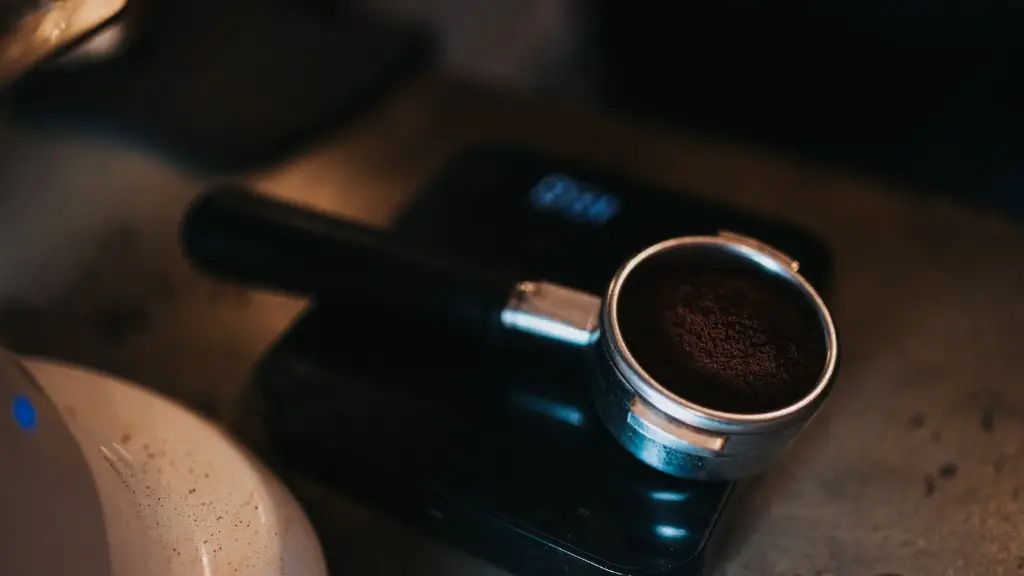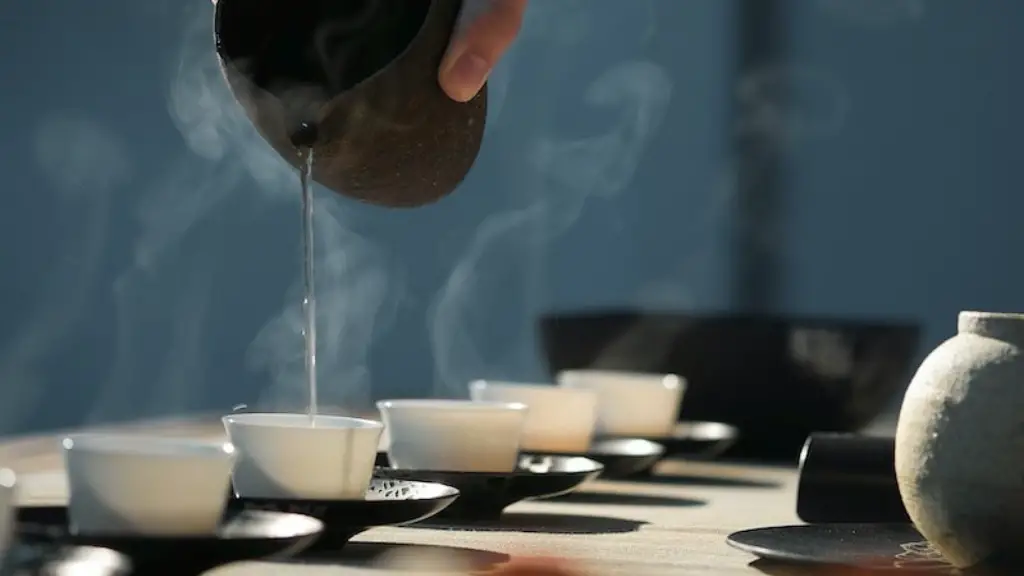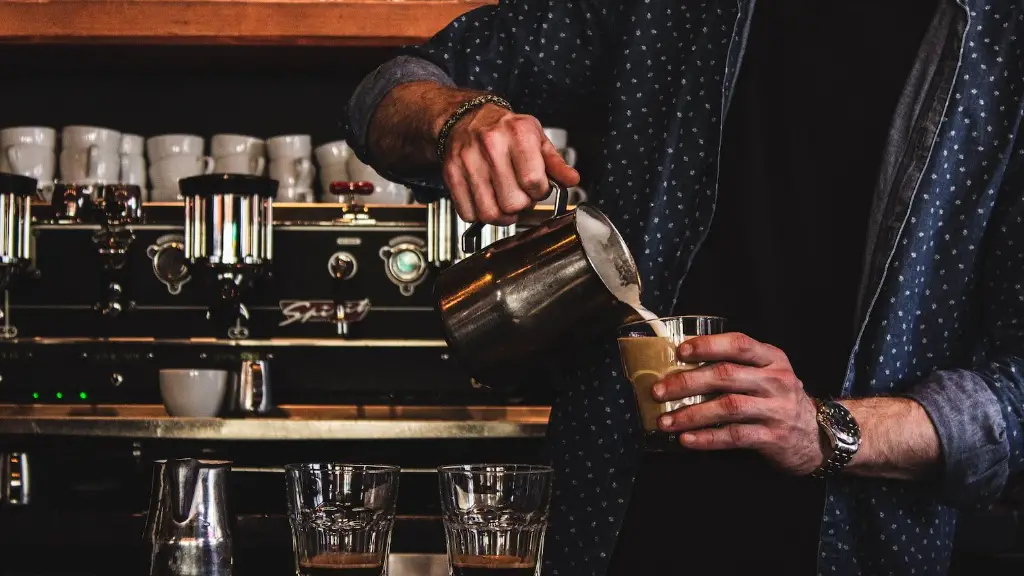Can You Drink Coffee Before a Blood Pressure Test?
Blood pressure tests are an essential part of determining medical issues and should be done regularly. It is known that caffeine can increase a patient’s heart rate and blood pressure, for this reason it is recommended to not consume it prior to a blood pressure test. However, not everyone including professionals agree with this advice and there are no serious studies that show the effects of caffeine on test results.
Caffeine is a stimulant found in various beverages such as coffee, tea, soda, and energy drinks. Its primary effects are increased alertness, energy, and can have an effect on blood pressure depending on the person’s sensitivity to the drug. It is recommended to abstain from caffeine in the few hours prior to a scheduled blood pressure test, as it can affect the results. Caffeine can elevate both the systolic and diastolic readings of the test.
Experts advise that if you must drink caffeinated beverages such as coffee, tea, or energy drinks that they should only be consumed in small amounts prior to a blood pressure test. Generally, the amount of caffeine should not exceed 200 milligrams per cup or 8 ounces. Caffeine is not the only factor which can affect blood pressure readings, other factors such as stress, exercise, and diet should also be considered when preparing for a blood pressure test.
When it comes to fasting prior to a blood pressure test, it is best to abstain from any foods or drinks such as coffee. This is especially important if the doctor is using the records to adjust medications such as diuretics and anticoagulants. As caffeine can affect the results significantly, it is advisable to discuss this with your doctor prior to the test.
When drinking coffee prior to a blood pressure test, it is important to bear in mind that the effects of caffeine can vary from person to person. For some people, caffeine consumption can inhibbit the effect of medications and can also cause a rise in the heart rate and an increase in blood pressure. In these cases, doctors may advise patients to refrain from drinking coffee some hours before a blood pressure test.
Can Caffeine Affect Test Results?
It is generally agreed upon by experts that caffeine can influence blood pressure readings. During the process of a blood pressure test, the patient is instructed to sit still while the readings are being recorded, and to abstain from any physical activity or speaking. Caffeine can interfere with this process as consuming it can increase the alertness of the patient, causing them to move and disturb the test.
Caffeine can also have an effect on blood pressure readings due to its vasodilator properties. Vasodilators are substances which cause blood vessels to widen. This can lead to a drop in the blood pressure readings, affecting the outcome of the test by producing unreliable results. For this reason, it is important to take into consideration all of the potential factors that can affect the results of a blood pressure test, such as caffeine consumption.
Does Coffee Affect Everyone the Same?
The effects of caffeine can vary significantly from person to person and can depend on the BMI, age, and health conditions such as hypertension. For some people, caffeine can significantly affect the results of a blood pressure test and it is best to abstain from consuming it prior to a test.
It is recommended to discuss this with your doctor prior to any blood pressure tests. They can advise on the best strategies to ensure accurate results and provide tailored advice based on the individual’s medical information.
If you choose to consume caffeine prior to a blood pressure test it is best to limit your intake as much as possible and to be aware of the potential factors that could affect the results such as stress, physical activity, and pre-existing medical conditions.
Alternatives to Coffee
If you need an energy boost to prepare for a blood pressure test then there are alternative beverages which you can consume instead of coffee. Herbal teas such as peppermint, chamomile, and ginger tea are a great way to boost your energy levels and calm your nerves prior to a test.
A more natural form of caffeine is green tea. This option contains around 25 milligrams of caffeine per cup, much lower than a regular cup of coffee and can provide a more gentle energy boost. Other alternatives include smoothies, sparkling water, and non-alcoholic beers.
How Much Coffee is Too Much?
If you are having a blood pressure test, it is best to limit caffeine consumption to one cup or less prior to the test. As mentioned, it is important to discuss this with your doctor prior to the test. They can advise on the best strategies to ensure accurate results and provide tailored advice based on the individual’s medical information.
Caffeine can have a stimulant effect, depending on the individual and can trigger a rise in heart rate and blood pressure. If you are concerned about how your caffeine consumption will affect your test results then speak to your doctor for advice.
Caffeine and Long-Term Health Risks
Caffeine consumption in itself is not harmful if consumed in moderation. Too much caffeine can however have long and short-term negative effects on health. It is important to note that long term caffeine consumption can increase the risk of developing chronic diseases such as hypertension and cardiovascular disease.
It is important to discuss with your doctor the amount of caffeine that is safe for you to consume and about any potential health risks associated with drinking coffee on a regular basis.
Coffee and Medication
Caffeine can also interfere with some medications, such as diuretics, anticoagulants, and anti-anxiety medications, so it is important to be aware of any potential interactions and adverse effects before drinking coffee prior to a test. It is best to consult your doctor about any medications that you are taking and for advice on how to adjust your caffeine consumption accordingly.
Your doctor will be able to advise you on the best strategies to ensure accurate test results and will be able to provide tailored advice based on your medical history and individual circumstances.
The Bottom Line
Caffeine can have an effect on blood pressure readings depending on the individual’s sensitivities to the drug and other factors such as diet, exercise, and pre-existing medical conditions. Generally, it is best to abstain from drinking coffee a few hours before a blood pressure test to ensure accurate results. It is important to discuss this with your doctor prior to the test and to ensure that your caffeine consumption does not interfere with any medications that you may be taking.





